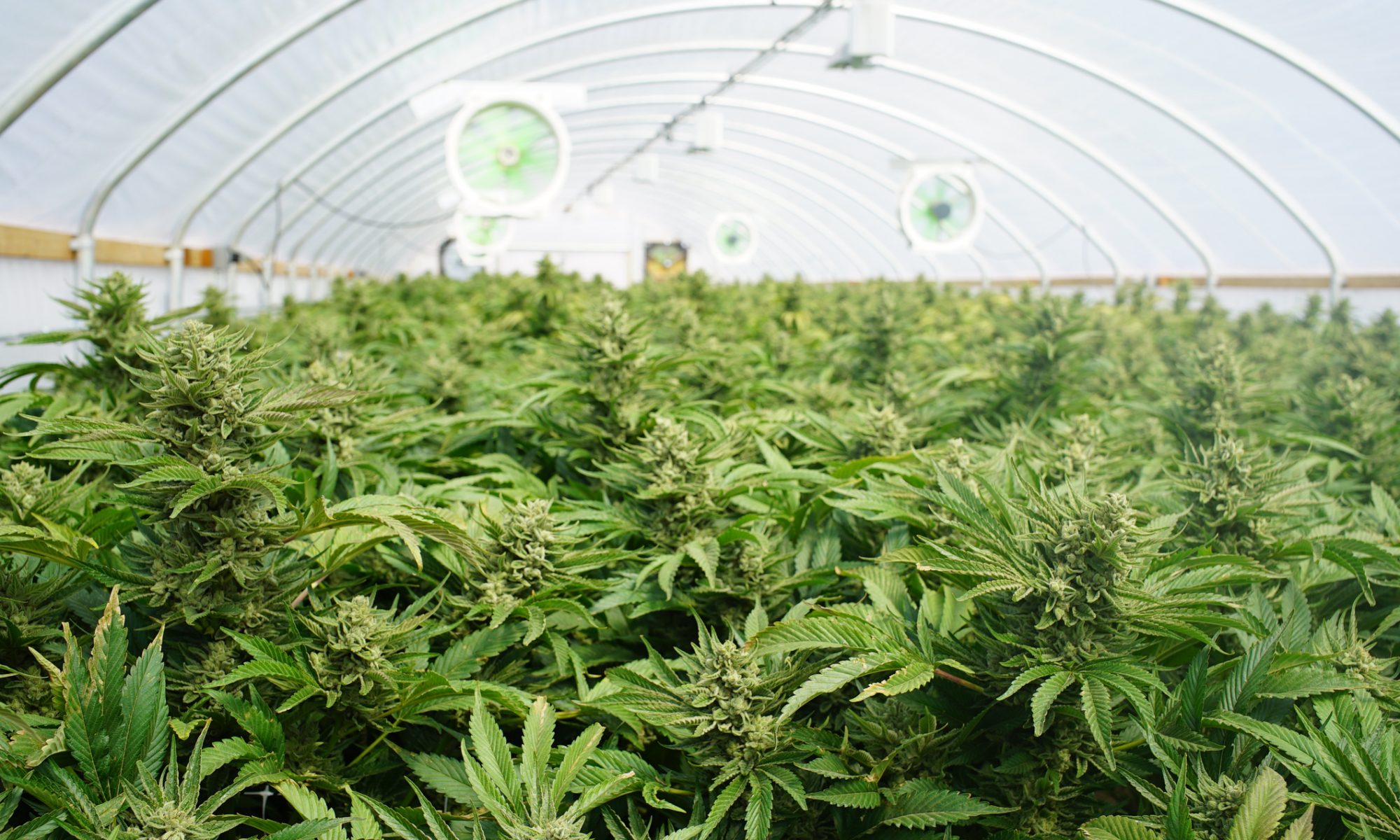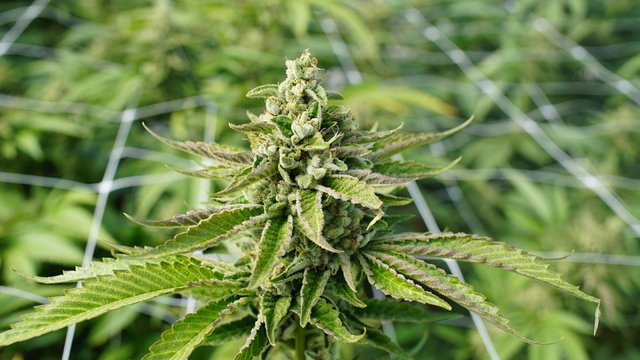Momentum continues to pick up for the marijuana industry. But not every marijuana stock is prospering.
Auxly Cannabis (NASDAQOTH:CBWTF) lost more than half its value in 2018, making it one of the 10 worst-performing marijuana stocks of the year. So far in 2019, the stock is down close to 20% while the shares of many of its peers are soaring. But is Auxly now such a bargain that it’s a great pick for long-term investors to buy?
THE GOOD
Auxly’s share price hasn’t reflected the tremendous potential the company has. But that potential exists nonetheless.
Estimates vary about just how big the global marijuana market could be. However, projections of $100 billion or more within the next decade don’t appear to be unrealistic. Auxly itself estimates that the total market could be close to $50 billion by 2024. The company doesn’t have to be a big player in a market of that size to be enormously successful.
Auxly offers one key advantage to investors that most marijuana stocks don’t: diversification across the cannabis supply chain. The company’s revenue streaming partnerships, joint ventures, equity investments, and subsidiaries make Auxly a player in the upstream cultivation, midstream extraction and processing, and downstream distribution and sales segments of the cannabis industry.
THE BAD
Despite its impressive efforts in wheeling and dealing, Auxly has yet to make even a cent of profit. In the third quarter of 2018, the company posted a loss totaling nearly 4.6 million Canadian dollars, or around $3.5 million.
Auxly’s problem isn’t just that it’s spending a lot of money (which it is); the company simply isn’t making much revenue, either. In Q3, Auxly’s revenue totaled a measly CA$512,000 — roughly $385,000.
The primary issue for Auxly is that most of its upstream partners are still ramping up their production capacity. They can’t sell what they can’t produce.
Read the full article at The Motley Fool




















